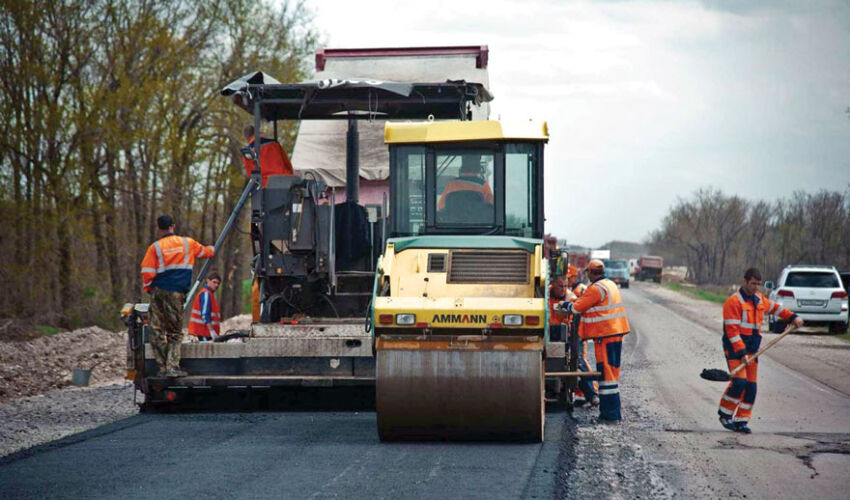
According to the plan, the program should be implemented by the end of this year. The amount of funds for “Europe Near 2025” is 500 million lei. The authorities expect to build and repair about 130 km of local roads and sidewalks in 100 localities of the country.
The financing will be provided through the National Fund for Regional and Local Development. According to the approved procedure, mayoralties submit applications for funding. After their evaluation, the Ministry of Infrastructure and Regional Development draws up a list of projects. Then they must be approved by the National Coordination Council for Regional and Local Development and endorsed by the Government.
The initially complicated multi-stage procedure of project approval and especially the composition of the commissions, which involve mostly government officials but no civil society representatives, led some experts to claim that the program was pre-electoral. They warned about the risks of political clientelism and leverage over its beneficiaries.
In turn, representatives of the mayoral community, which is also split, approach these issues in a more practical and constructive manner. “As for the ‘political filter’, we insist that the verification of projects should be fair and objective,” says Marcel Bobeyco, mayor of Gangura commune, Ialoveni district, a member of the Congress of Local Authorities of Moldova. – Otherwise, a scandal will break out. And the authorities do not need it before the elections. We positively perceive such decisions, because they are extremely necessary for the development of villages. In Moldova, elections will be held for the third time within four years. It turns out that almost all the projects implemented during this period can be called electoral. We believe that the more projects, the better. Moreover, the amount of the program is small, it would be right to double it”.
At the same time, the urgent nature of the program has caused some inconsistencies between the regulations and the current legislation and economic realities. Without their elimination, many mayoralties would not be able to benefit from the proposed funds. Therefore, the Congress of Local Authorities of Moldova initiated amendments to the developed guide. Their proposals concern the simplification of the procedure and the waiver of some of the regulation’s requirements for project participants. Before approving the document, CALM members expressed them during consultations at the Council for Local and Regional Development.
First, the obligation for beneficiaries to necessarily repair or pave a sidewalk in addition to repairing or constructing a road was removed. “This requirement implied the development of an appropriate technical design and its approval,” says Marchel Bobeiko. – Under normal circumstances, this takes 60 days, while the regulations allow only a month for the procedure. It is practically impossible to meet this deadline to apply for funding. Besides, there are a lot of broken roads in the villages that are used only by vehicles, and they don’t need sidewalks.
Another condition was that villagers be consulted. Here, too, the issue was also tied up in deadlines. According to the law, they can be held only 15 days after the mayor’s office announces their organization. Then it will take another week to develop a decision of the local council, its approval and control of compliance by the State Chancellery. Therefore, the Ministry of Infrastructure and Regional Development determined that it should be submitted when the project has already been approved and the financing contract is signed.
“We also drew the attention of specialists to the fact that villages with less than 1,500 inhabitants cannot benefit from the same program budget as larger villages,” continues Marchel Bobeiko. – According to the law, the amount of the project should not exceed 1 million lei. We were promised that this discrepancy will be eliminated. And such mayoralties will be able to receive funding of up to 2 million lei.
The mayors believe that these and other technical changes will allow the local authorities to meet the deadlines. Because we are talking about small sections of the road. Rather, the problem will be money. There may not be enough of it.

